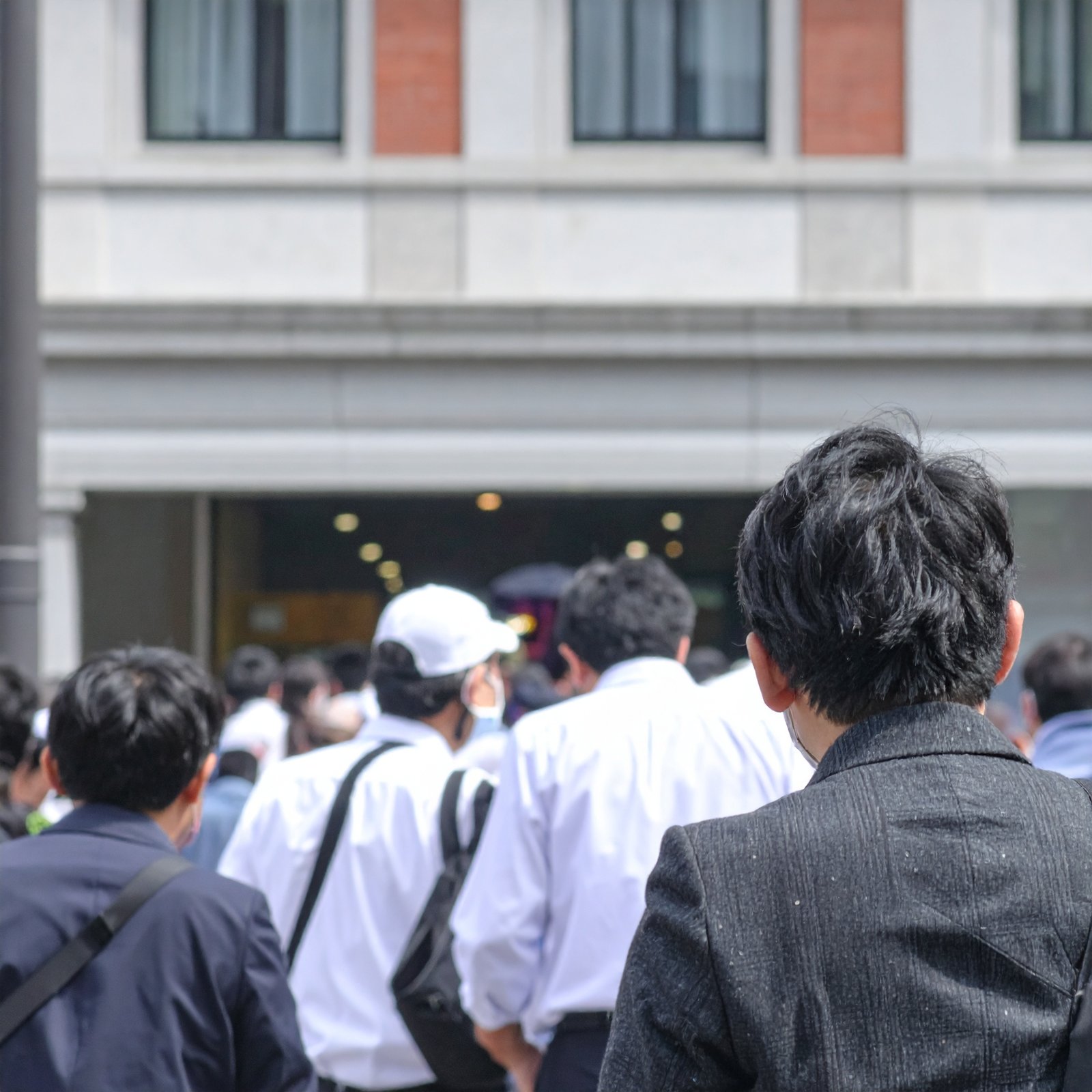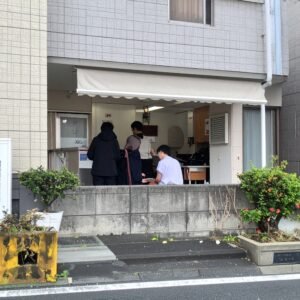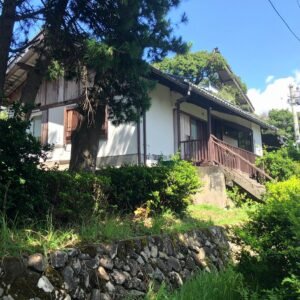Cultural and Language Friction from Minpaku Expansion in Osaka
As minpaku short-term rentals continue to grow in Osaka, complaints linked to cultural and language differences are increasing rapidly. The number of facilities, especially under the special zone system, has expanded sharply in recent years. As a result, complaints from nearby residents have multiplied, reaching 4.5 times more in just three years. With inbound tourism recovering and more foreign guests and property owners entering the market, differences in daily habits and social norms are creating friction with local communities.
Types of Complaints Emerging
The most common source of trouble is noise. In many Western countries, music or conversations at certain volumes may be seen as normal. In Japanese apartment complexes, however, late-night parties or even loud discussions are often perceived as serious noise problems, leading to frustration among neighbors.
Another frequent issue is garbage disposal. Each neighborhood in Japan has detailed rules for separating and disposing of trash. Many foreign guests struggle to understand these rules, resulting in illegal dumping or incorrect sorting.
Other conflicts come from misuse of shared spaces. Examples include wearing shoes indoors, exceeding elevator capacity, or hanging large amounts of laundry in common areas. These actions clash with Japanese living customs and easily spark disputes.
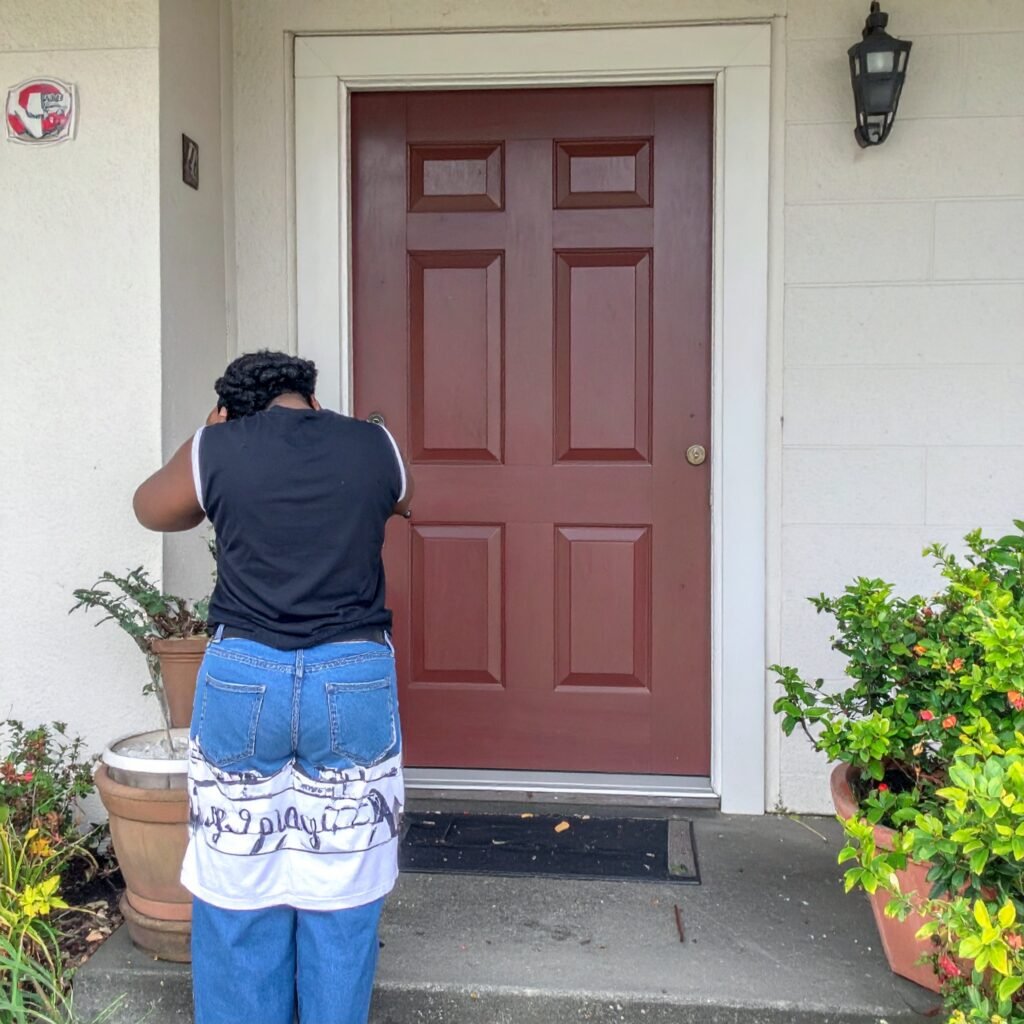
The Role of Language Barriers
Language is one of the main reasons these issues escalate. Notices written only in Japanese often fail to reach foreign guests. Complaint hotlines and administrative services rarely offer sufficient multilingual support. This slows down problem-solving and increases resident frustration. In many cases, miscommunication does not just create inconvenience but also worsens tensions.
Psychological and Cultural Friction
Beyond physical problems like noise or trash, many residents feel psychological discomfort. Hearing multiple foreign languages in daily life or seeing unfamiliar cultural behaviors can lead to anxiety. Some residents worry that their neighborhood is “changing” in ways that make them feel less at home. These emotional factors add to the rise in complaints.
Efforts to Improve the Situation
Authorities and operators are starting to introduce new measures. Examples include rulebooks and notices written in multiple languages, visual guides with illustrations, and even instructional videos to help guests understand local expectations. There are also new systems being developed where independent third parties handle resident complaints.
Still, the most important factor is how well each property is managed and how effectively operators engage with the community. It is not enough to create rules. A sincere effort to integrate with local neighborhoods is essential.
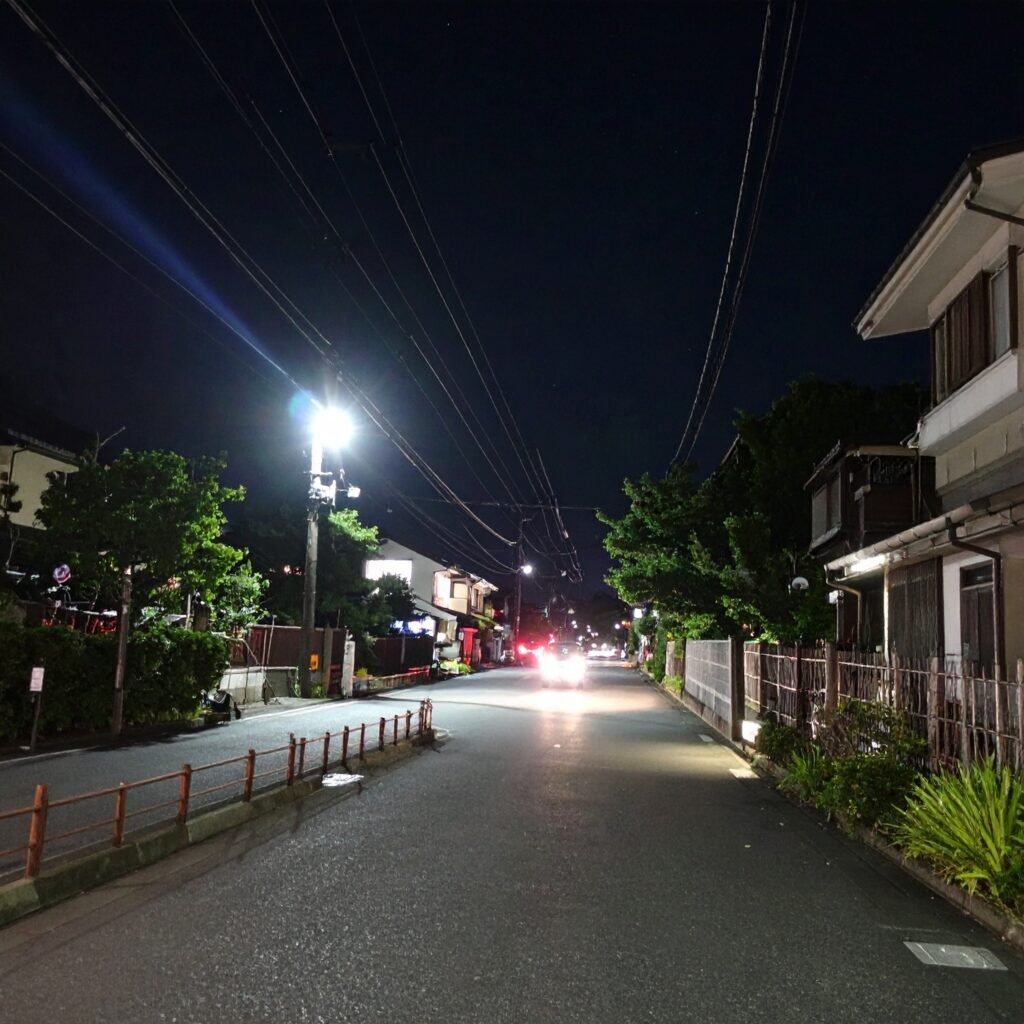
Community Pushback and Regulation Debates
In some areas, residents have launched signature campaigns against new large minpaku facilities. Requests for stronger regulations have been submitted to city officials. Discussions on policy review and stricter rules are ongoing.
Osaka’s minpaku market still has room to grow, but operators can no longer succeed without proper multicultural management and active cooperation with residents.
Conclusion
Cultural and language differences will continue to generate friction as minpaku expands. The responsibility to reduce these conflicts lies with the operators. Creating systems that assume multilingual communication, strengthening day-to-day management, and building trust with local communities are all essential. Only with these efforts can the minpaku business in Osaka develop in a sustainable way.


